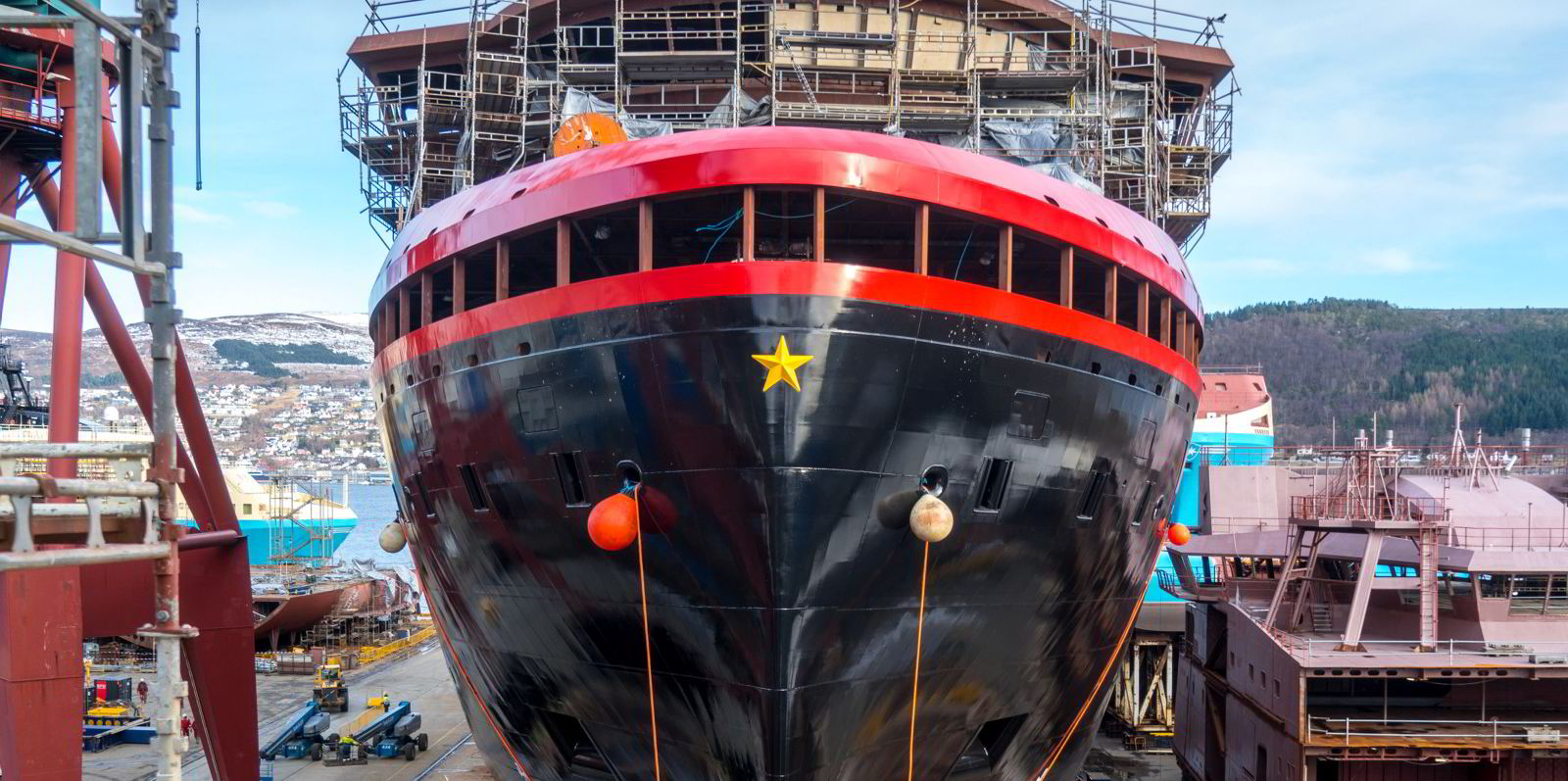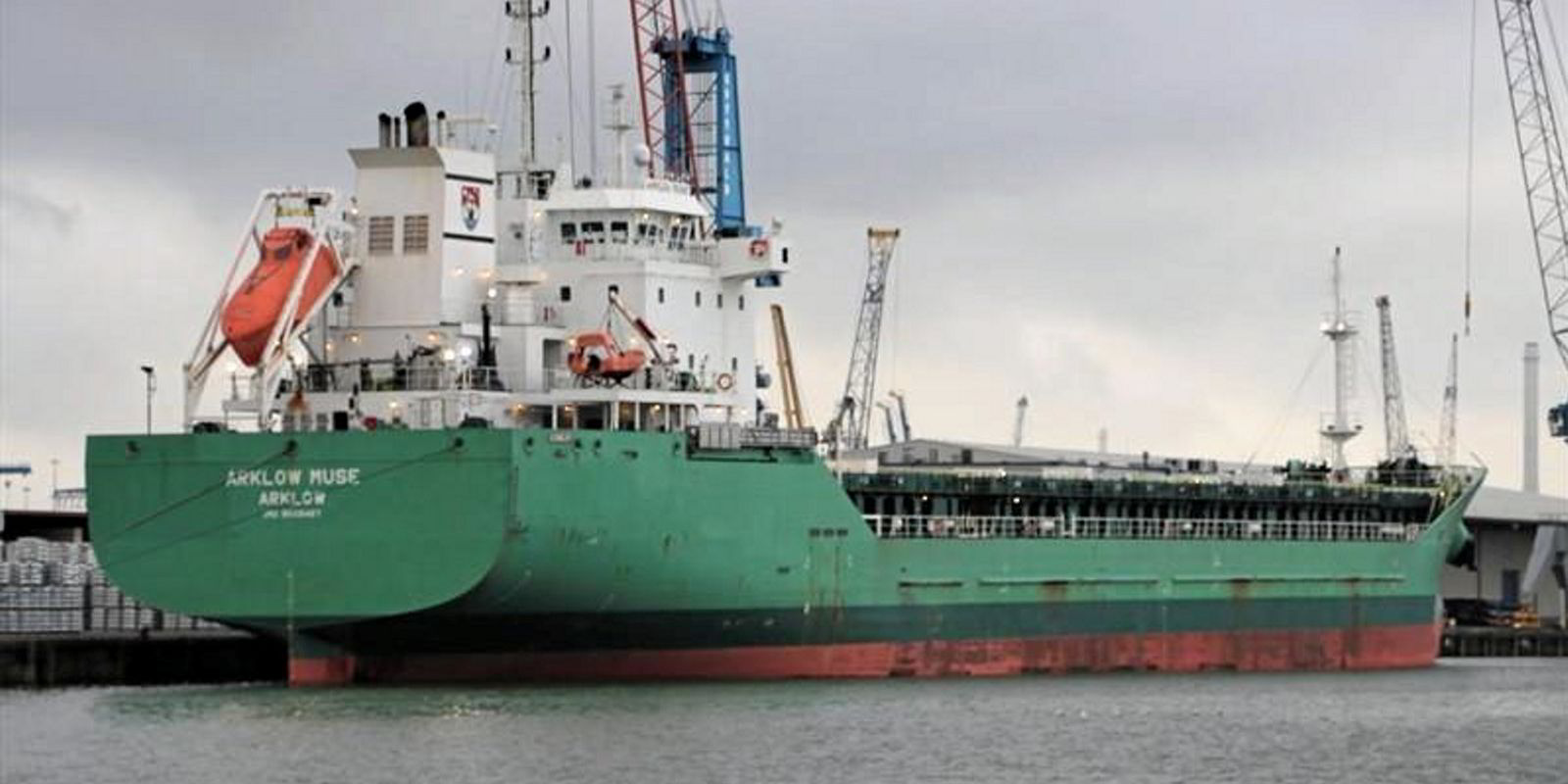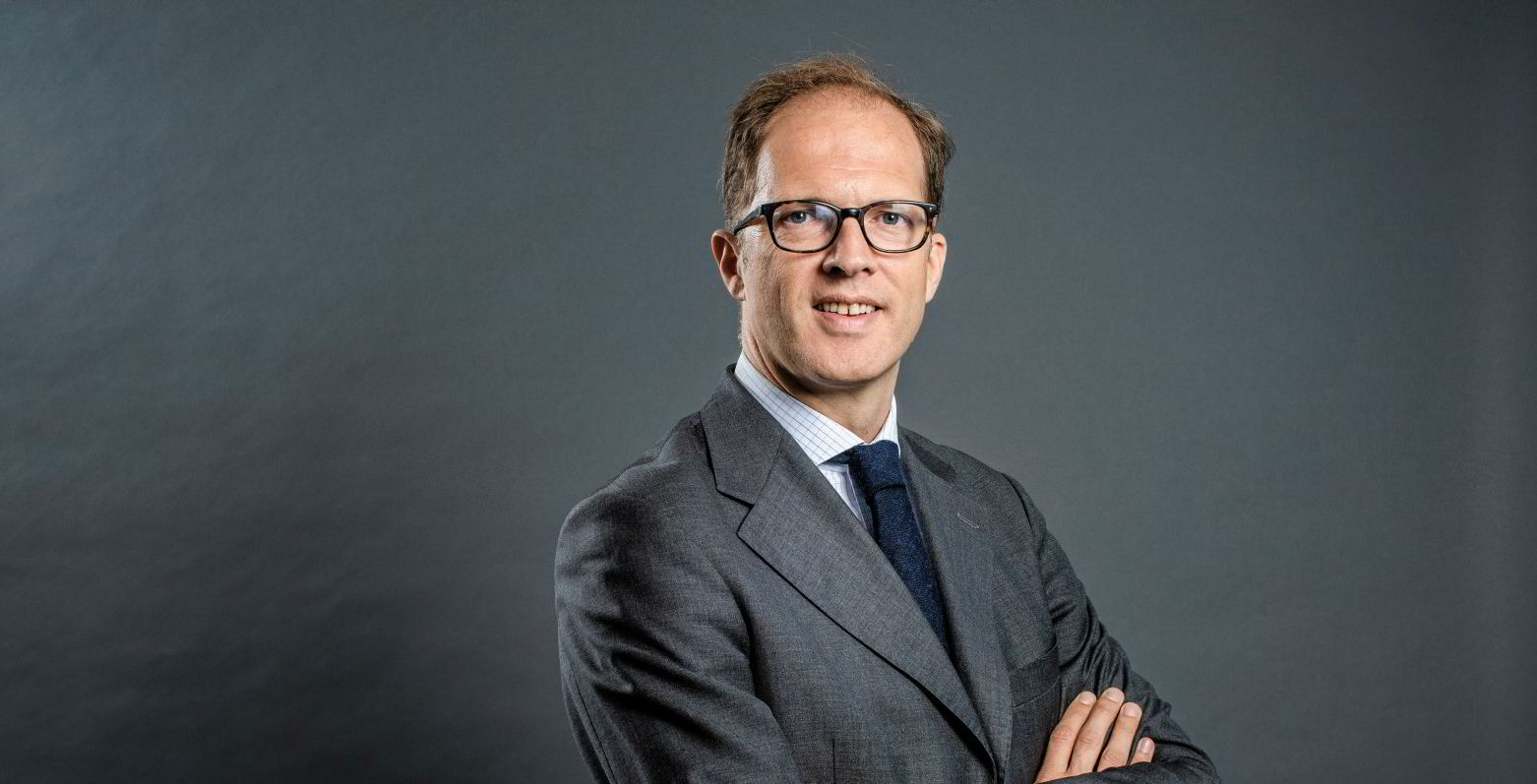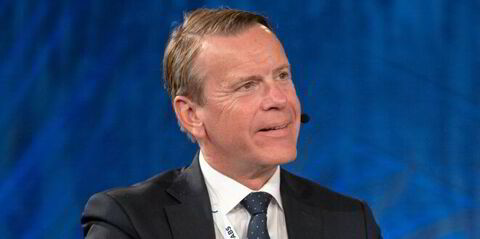European shipyards are facing a massive shortfall in orders due to the cruiseship catastrophe, but where will they turn for new contracts?
Panellists at a TradeWinds webinar grappled with that question on Tuesday, debating the continent's shipbuilding prospects after European yards booked $80bn of passengership orders in the four years before the pandemic struck and brought newbuilding deals to a halt.
From 2020 and out to 2023, that figure will "probably go down to next to nothing", according to Reinhard Luken, managing director of the German Shipbuilding and Ocean Industries Association.
"The way forward is extremely different," he said. "There will be no significant orders in that sector."
Luken believes the key to the future lies with the technical leadership of European shipbuilders.
Drawing on technical expertise
"We need to find solutions as to how to bring our technical leadership into other market segments," he said. "That's the name of the game for the next couple of years.
"We do have the best shipyards in the world, much more efficient than our Asian colleagues."
One area to focus on is shortsea shipping, which he sees as suffering from under-investment in the European Union.
"Why not start with making that carbon free-much faster, to show it is possible?" he said.
"But it won't be possible without government assistance. And we haven't had that assistance."
Luken quoted research claiming China has provided $130bn of state subsidies for businesses from 2010 to 2019.
Support needed
"Maybe it's time Europe does something like this to make sure we still have a maritime cluster when this impact is over?" he asked.
Luken added that recent vessel sales by German shipowners have reduced the fleet to half of what it was at its peak — and disposals are continuing.
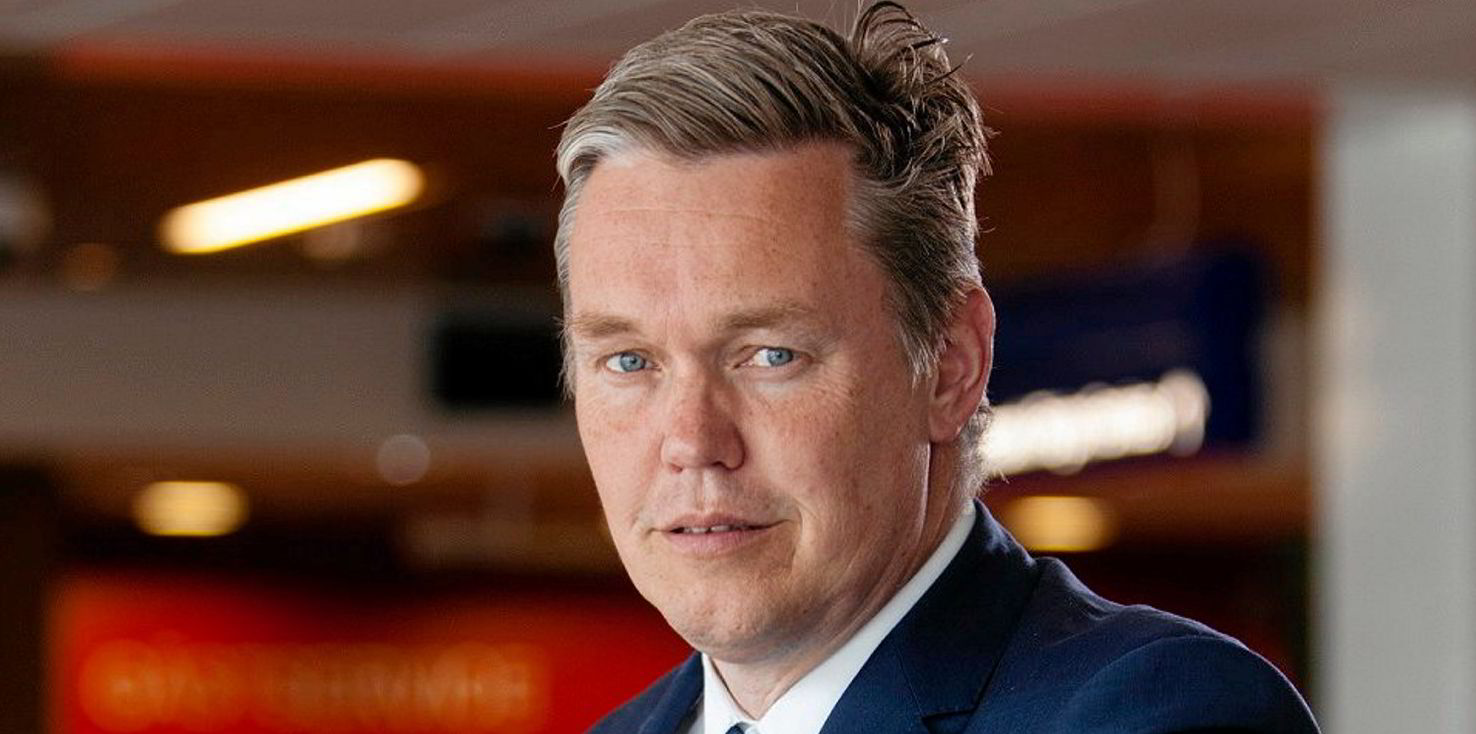
Stena Bulk chief executive Erik Hanell was asked at the forum how shipowners can make innovations pay.
He said: "It costs to be curious, but over time it pays back. Even if you have a failure, you learn a lot for other projects going forward."
He added that Stena Bulk looks at likely returns over five years before deciding whether to go ahead with a new investment.
Hanell said he would not order a "workhorse" crude tanker right now, due to concerns over whether the ship would still be trading in 2045 or 2050, due to regulatory and financing questions.
The company is keener on upgrading existing ships. "It is difficult to say whether a newbuilding will live through this era," he said.
Photo: Stena Bulk
"We've got to act," he said. "We cannot leave this market to the rest of the world. We don't want to leave this all to Asia, do we? At least I don't."
Luken believes economies of scale are needed, to close the gap on pricing with competitors.
"We need owners to say this is a business model we can run," he said. "We build highways, why should we not build highways of the seas?"
He said it is time to look at the fundamentals and "do stuff differently" from the past.
"It's economic to make these investments," Luken said. "We have made policy errors and that needs to change."
John McDonald, senior vice president at classification society ABS, said yards could look at the niche market of offshore wind farm vessels, as offshore drilling dries up.
He added that, in general, he is still seeing a lot of conventional vessels being ordered, but owners are increasingly looking at slow-steaming and operational efficiency to get emissions down.
Safe Bulkers president Loukas Barmparis argued that the low rate environment and financing problems suffered by sectors such as dry bulk have lowered newbuilding prices.
But he said: "As soon as there are orders, the price levels would increase. I am quite sceptical about new orders."
